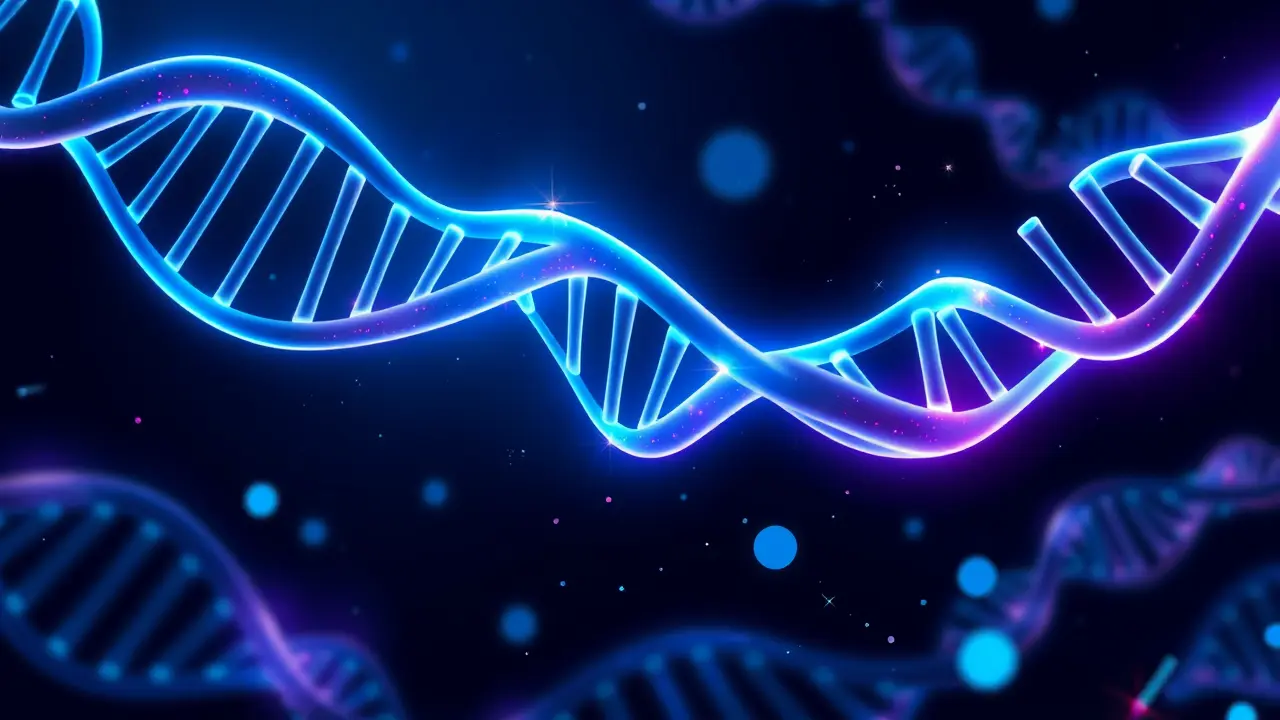CK Life Sciences Unit Merges with TransCode for Cancer Drugs
In a strategic maneuver that underscores the accelerating convergence of artificial intelligence and cutting-edge biology, CK Life Sciences International has orchestrated the merger of its subsidiary, Polynoma, with Nasdaq-listed TransCode Therapeutics, a move poised to significantly amplify the pipeline of next-generation anticancer therapeutics. This isn't merely a corporate transaction; it's a profound fusion of biological insight and computational power, a paradigm shift in how we approach the war on cancer.The agreement, meticulously detailed in a filing with the Hong Kong stock exchange after Wednesday's trading, clears the path for TransCode to acquire the parent company of Polynoma from DEFJ, an indirect, wholly-owned unit of the Li Ka-shing family's biotech arm. In exchange, CK Life Sciences secures a pivotal stake in a publicly-traded entity dedicated to one of the most thrilling frontiers in medicine: RNA-based oncology.Polynoma brings to the table a formidable legacy in cancer immunotherapy, particularly its work on melanoma vaccines, which train the body's own immune system to recognize and obliterate tumor cells. TransCode, meanwhile, is the vanguard of a new era, wielding its proprietary TTX platform—a suite of RNA therapeutics designed not as blunt instruments but as intelligent, tumor-homing missiles.Their flagship candidate, TTX-MC138, is a marvel of bio-engineering, an miRNA oligonucleotide that targets a key metastatic driver, effectively aiming to cut off cancer's ability to spread, the primary cause of mortality in most solid tumors. This merger is a textbook case of symbiotic evolution in biotech.It’s reminiscent of the early days of CRISPR-Cas9, where a fundamental biological mechanism was harnessed and repurposed into a precise gene-editing tool, forever altering the therapeutic landscape. Here, we see a similar alchemy: Polynoma’s deep clinical experience in oncology and patient stratification provides the biological validation and development pathway, while TransCode’s AI-driven design and delivery platforms offer the precision and scalability that traditional biologics often lack.The involvement of the Li Ka-shing empire, a titan of global investment with a long-term vision for healthtech, is a powerful signal of confidence in this integrated approach. It suggests that the future of blockbuster cancer drugs lies not in a single modality, but in these hybrid platforms that combine immunotherapy's power with the targeted delivery and programmability of RNA.Experts watching the space see this as a bellwether. Dr.Anya Sharma, a bioethicist and venture partner at a leading life sciences fund, notes, 'We are moving beyond the siloed 'platform wars. ' The real value creation is happening at the interfaces—where a company with a deep understanding of a disease's biology partners with one that has mastered the computational tools to intervene with unprecedented specificity.This merger is a clear bet that the future of oncology is digitally native and biologically intelligent. ' The potential consequences are staggering.A successfully integrated entity could rapidly advance a portfolio of 'smart' therapeutics, moving from in silico design to clinical trials with a speed that would have been unimaginable a decade ago. It also raises the competitive stakes for other biopharma giants, who may now be compelled to seek similar alliances or risk obsolescence.However, the path is fraught with the classic challenges of platform technologies: delivery efficiency, potential off-target effects, and the immense complexity of the tumor microenvironment, which can often outmaneuver even the most cleverly designed therapeutic. Yet, the vision is compelling—a future where cancer treatment is not a toxic barrage of chemotherapy, but a course of bespoke, nucleic acid-based instructions that reprogram the body to heal itself. This merger between Polynoma and TransCode isn't just a business deal; it's a foundational step toward that future, a tangible manifestation of the belief that the code to cure cancer is written not just in our DNA, but in the algorithms we create to read and rewrite it.
CO
CodeSlinger4213 hours ago
okay this merger is actually wild, combining immunotherapy with targeted RNA delivery is such a smart play. finally someone is building the integrated platform we need, the potential here is insane 🤖
0
© 2025 Outpoll Service LTD. All rights reserved.
